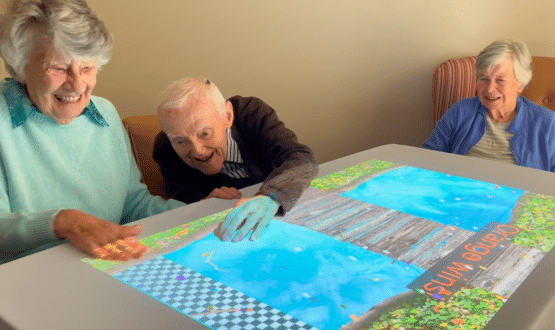Scarborough care home and BT trial smart tech to boost care support

BT is working with Home Group to trial the use of smart technology at a care home in Scarborough designed to improve residents’ support.
Twelve residents at Webb Ellis Court care home in Scarborough have had their apartments fitted with a range of smart sensors to provide data that can improve the support they receive from care staff.
The smart sensors are linked to key electrical appliances, like TVs, kettles and fridges, and access points in the homes. The technology is designed to make independent living easier, by allowing on-site staff to tailor the support they can offer.
Professor Sultan Mahmud, healthcare director for BT’s Enterprise unit, said: “This trial allows us to demonstrate just how much impact some small interventions can make on the lives of those living in supported accommodation, and the potential reductions in the costs of care and the pressure on the NHS.”
Data is collected from the sensors to map the daily routines of residents. The smart technology can automatically identify any changes or unusual patterns that could indicate illness or injury. Armed with this data, carers will be able to make early interventions.
By doing so they can provide medical support before health issues escalate to help reduce the number of hospital admissions and will support residents to remain independent for longer.
The suite of devices that have been fitted include motion sensors, door sensors and smart plugs. They will link to a specialised app that will display data directly to authorised carers or loved ones.
Joe Bracchi, a resident at Web Ellis Court in Scarborough, said: “It will be reassuring that it can monitor my activity, or lack of it, and offer support if I need it. I take real comfort knowing that if I strayed from my routine, staff on site would know and could support me if needed.”
The trial of the smart technology will run for six months with the aim of identifying how proactive interventions can cut risk and improve comfort for residents in supported accommodation.
It’s not the first time smart homes have been trialled to improve health and care provisions. In 2019 Washington State University’s smart homes project introduced a Robot Activity Support System (RAS) which uses sensors embedded in a smart home to monitor dementia patients and determine when they might need assistance.




